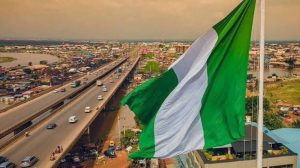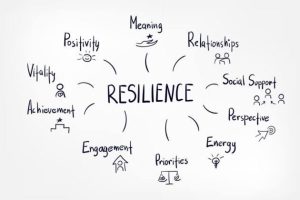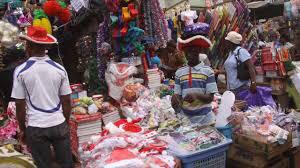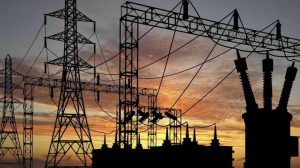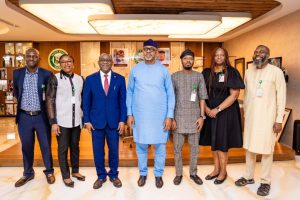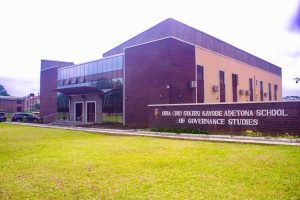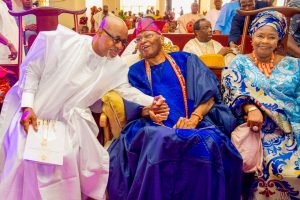Feature: The Challenges of Nigeria’s Post-Independence Journey: Reflections on 63 Years of Progress and Concerns
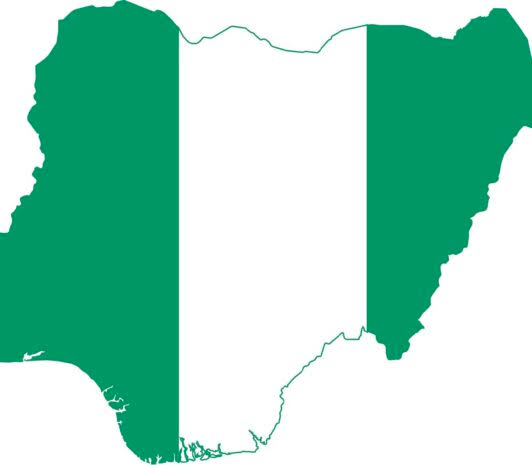
By: Ehidiamen Emmanuel
October 1st 63 years ago, the Union Jack, the British Flag was lowered in Nigeria and the Green White Green flag was hoisted. This brought many hopes and celebrations were recorded all around the nation as Nigeria gained independence from the British Powers and became a nation of its sovereign self. Fast-forward to now, more than six decades after, One would expect this nation to have been well established in all ramifications, but unfortunately the nation hasn’t attained stability in the political and economical sectors of the country, this which is a giant concern to many Nigerians as there haven’t been so much fortunate progress in this country.
For past decades, October 1st signifies commemoration of a significant feat in the nations’ history, as there are loud celebrations from Lagos to Abuja, from Ogun to Kaduna, from Edo to Jalingo, and all around the nation! On the 63rd celebration this year, the streets of the country were bereft of the usual celebratory atmosphere, streets were quiet except from onrushing Church goers.
Preachers and ministers used the opportunity to raise prayers and wishes for the country, hoping it returns to its glory days, as it has become a shadow of itself.
Nigeria, a country that boasts of being Africa’s largest economy, has been in a deteriorating state since the President Muhammadu Buhari’s regime. The most important aspect of the nation’s growth and development has seen a serious nosedive. Youth employment has been at a staggering low as Nigeria ranks among the lowest in terms of Youth Index worldwide. Economically, Inflation and the debt profile of the country continues to increase as the cost of production plummets daily. According to the United Nations, averagely 60% of the Nation’s population lives in what is tagged as “Multi-dimensional Poverty”. In terms of Electricity, there hasn’t been much glory also, as the national grid has collapsed multiple times this year alone and only a few areas in well-developed states can actually boast of uninterrupted power supply. Election practices are still not free and fair, as recent Election Tribunal judgements have seen some election results declared by INEC null and void.
The dysfunctional security system still looms over the nation, as insecurity is still a matter this new administration is left to tackle. The Armed Conflict Location and Event Data Location Project estimates that over 80,000 persons were killed in the country from 1999-2022 by terrorists, bandits, Fulani herdsmen, armed robbers, kidnappers, and in intercommunal and sectarian clashes. In 2021, says SBM Intelligence, 10,366 persons were slaughtered. In addition to the Islamist terrorists in the Northeast, bandits in the Northwest and Fulani herdsmen/militants in the North Central region who are causing death and destruction, the separatist movement in the Southeast has given rise to a malicious terrorist. The Southwestern and Southwestern regions are also home to murderous cults and criminal gangs, militias, armed robbers and thieves and saboteurs of oil infrastructure.
In the just released 2023 Global Organized Crime Index, Nigeria ranks sixteenth in the world as the nation hosts three of the world’s classified deadly terrorists – ISWAP (Boko Haram), Bandits and Fulani Herdsmen.
In the words of Martin Luther King Jr., we must accept finite disappointment, but never lose infinite hope. True, all may be going bad for Nigeria now, but all hope is not lost. Despite tensions, including civil war, political and social upheaval, and mutual distrust, the republic held its ground. He has recorded several successes in various fields. Despite its dislocation, the country’s economy remains the largest in Africa and 31st in the world. Its population is one of the most dynamic in the world, and members of its large diaspora are doing well internationally.
Nigeria is indeed a country blessed with enormous human and material resources as well as potentials, but committed leaders are scarce. In fact, our human resources would have been the country’s greatest assets towards promoting and sustaining a virile economy. Unfortunately, because of the absence of an enabling environment and the so-called “Nigerian Factor,” which tends to enthrone mediocrity, our human resources have continued to suffer from excessive brain drain.
All Nigerians have an abiding interest in restoring peace to the country. Today’s political leaders have the choice of fulfilling their mission peacefully by leading the way, or, like their predecessors, betraying it by standing in the way. Now 63 years old and limping along, Nigeria is living on borrowed time, fundamental contradictions and diffusive forces, exacerbated by a succession of incompetent, corrupt and bigoted leaders, is pushing this country to the point of collapse. Time is of the essence.
